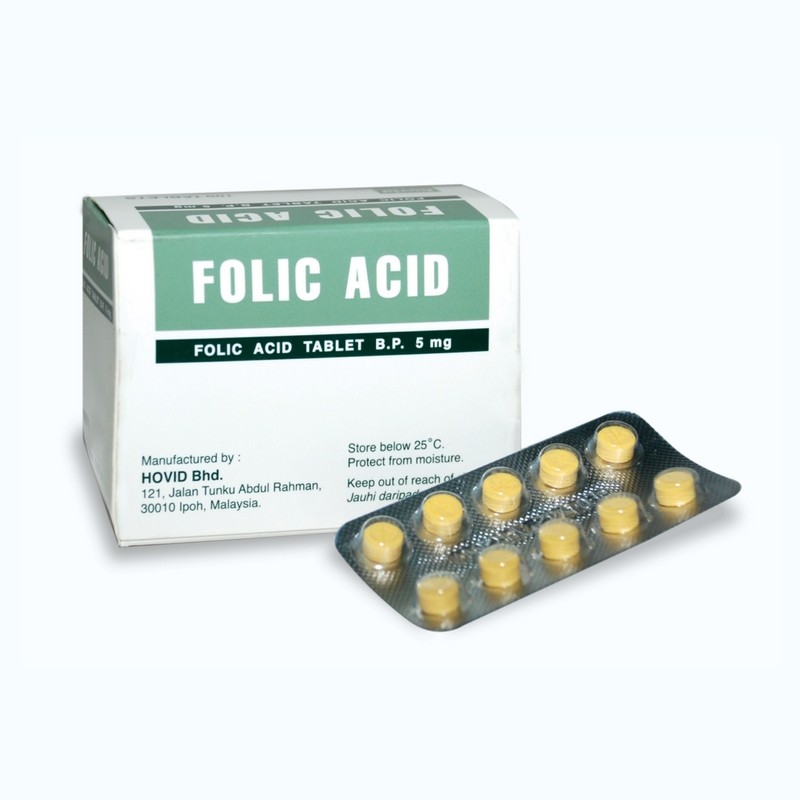
January 4th through January 10th is National Folic Acid Awareness Week, and that makes this a great time to learn about the impact of folic acid on your senior loved one. In Water Valley and elsewhere around the country, people will be promoting greater awareness of how folic acid can affect seniors, and how it can be used to improve their overall state of health. Many senior home care professionals have heard considerable discussion about folic acid and may be undecided about whether it’s a good thing or not. The medical community itself is somewhat undecided on this issue, although a growing body of evidence suggests it can have some very positive health benefits. Here is what we do know for sure about folic acid and its potential effects on seniors.
What exactly is folic acid?
Folic acid is a water-soluble vitamin that is frequently found in fortified foods and dietary supplements. It is a man-made version of folate, which is one of the B vitamins occurring naturally and which is found in many of the foods we eat. Since your body can’t manufacture folate, it is necessary to ingest it as a supplement. Your body uses folate for quite a few important processes and functions including cellular division, and the synthesis, repair, and methylation of DNA.
It’s also used in a number of important metabolic processes, and if your body has a deficiency of folic acid, it could lead to some serious health issues such as heart disease, cancers, birth defects, and anemia. There are all kinds of reasons why your body might be deficient in folic acid, but it’s a simple matter to include it as a dietary supplement so that you don’t experience any of the negative health effects.
Folate deficiencies and their impacts
A considerable body of research has shown that low levels of folate in the body are frequently associated with poor brain function and a greater risk of dementia. For this reason, it’s important that senior citizens receive at least the minimum daily requirement of folate, so as to provide as much protection as possible against the onset of dementia. Some studies have shown that folic acid supplements may contribute to improved brain function in those who have some level of mental impairment, and it may also help slow the effects of Alzheimer’s disease.
While none of this research has been completely conclusive in its results, a growing body of research does suggest that maintaining an above-average level of folic acid in the body can be beneficial in slowing the onset or progress of dementia and Alzheimer’s. In a limited study conducted on 121 people who were newly diagnosed with Alzheimer’s disease, it was found that when half the study group was given 1250 µg of folic acid per day for a six-month period, they showed improved cognition, as well as fewer markers indicating inflammation.
Lower risk of heart disease
Scientists believe that folate-based supplements such as folic acid may reduce the number of risk factors for heart disease, and may also actually improve your existing heart health. It is known that elevated levels of the amino acid homocysteine have a direct correlation with an elevated risk of heart disease. Folate has a major role in metabolizing homocysteine, and when present in the adequate volume, can apparently keep homocysteine at bay.
Significant research has indicated that individuals supplementing their diet with folic acid can reduce homocysteine levels and the risk of heart disease along with it. Reviewing the evidence gleaned from more than 30 studies conducted among 80,000 people showed conclusively that supplementing with folic acid led directly to a 4% reduction in heart disease risk, as well as a 10% reduction in the risk for stroke. Folic acid supplements are also considered useful in lowering high blood pressure, which is another risk factor for heart disease. Using folic acid has also been shown to improve blood circulation, which in turn can improve cardiovascular function, thereby again lowering the risk for heart disease.
Other possible benefits
People who include folic acid as a dietary supplement have also realized a number of other benefits, which have been supported in studies taken all around the world. There is a significant body of evidence that folate-based supplements help to manage blood sugar better, thereby reducing insulin resistance and managing diabetes more capably. Folate-based supplements are also important for expectant mothers, and when taking more than 800 µg per day, it has been shown that women have higher live birth rates.
Because folic acid helps to reduce the level of homocysteine, it can also have a positive influence on restoring normal kidney function and preventing kidney disease. There are even more potential benefits provided by folate-based supplements, which have yet to be scientifically proven, but for which there is at least some positive evidence of success.
If you have a senior loved one in your family, it would definitely be to your benefit to ensure that they maintain at least a minimum daily requirement of folic acid in their diet, to provide whatever protection it can deliver against the onset of dementia, Alzheimer’s disease, and any of the other health risks described above.
